Pearson ES Ch 1: Intro to Env Sci
1/35
There's no tags or description
Looks like no tags are added yet.
Name | Mastery | Learn | Test | Matching | Spaced |
|---|
No study sessions yet.
36 Terms
Environment
The sum total of our surroundings, including all the living things and nonliving things with which we interact with.
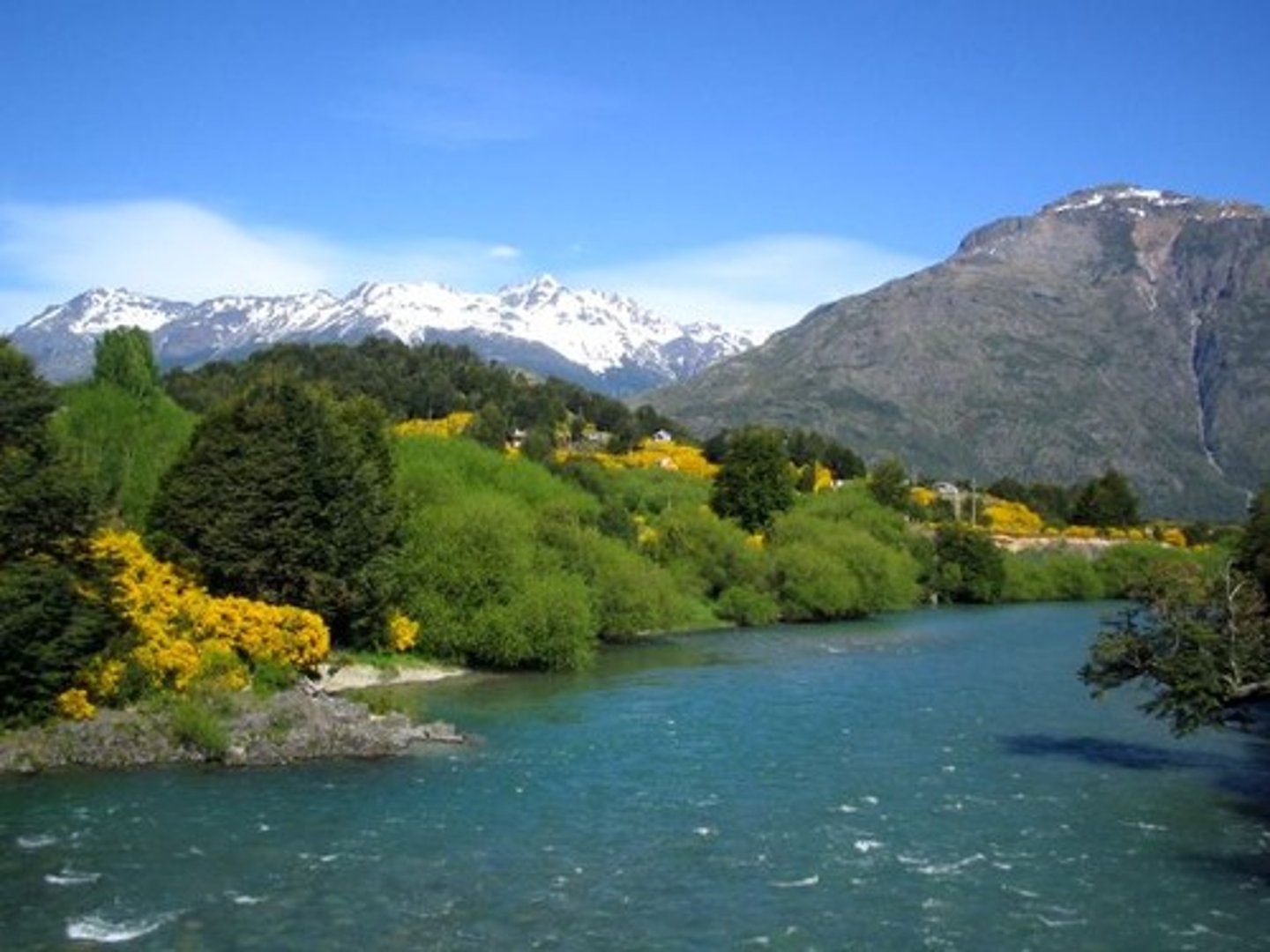
Environmental science
The scientific study of how the natural world functions, how our environment affects us and how we affect the environment.

Natural resource
Any of the various substances and energy sources that we take from our environment and that we need in order to survive.

Renewable natural resources
Natural resources that are virtually unlimited or that are replenished by the environment over relatively short periods (hours to weeks to years) - sun, wind, geothermal energy
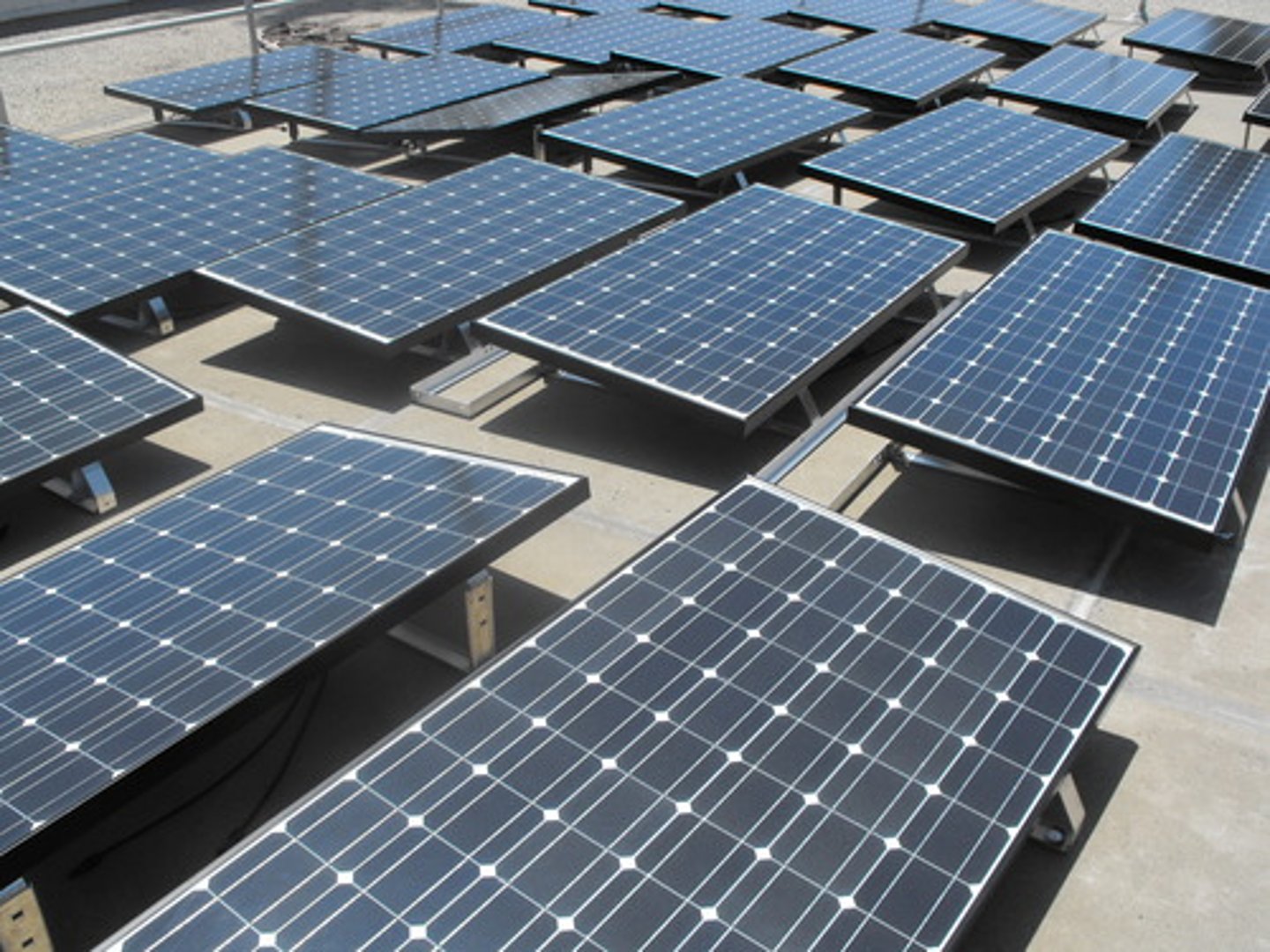
"in between" natural resources
resources can become nonrenewable if used faster than they are replenished
Nonrenewable natural resources
Natural resources that are limited and are formed much more slowly than we use them. Fossil fuels like petroleum, natural gas, and coal - also metals

Fossil fuels
A nonrenewable natural resource produced by the decomposition and compression of organic matter. Petroleum, natural gas, coal
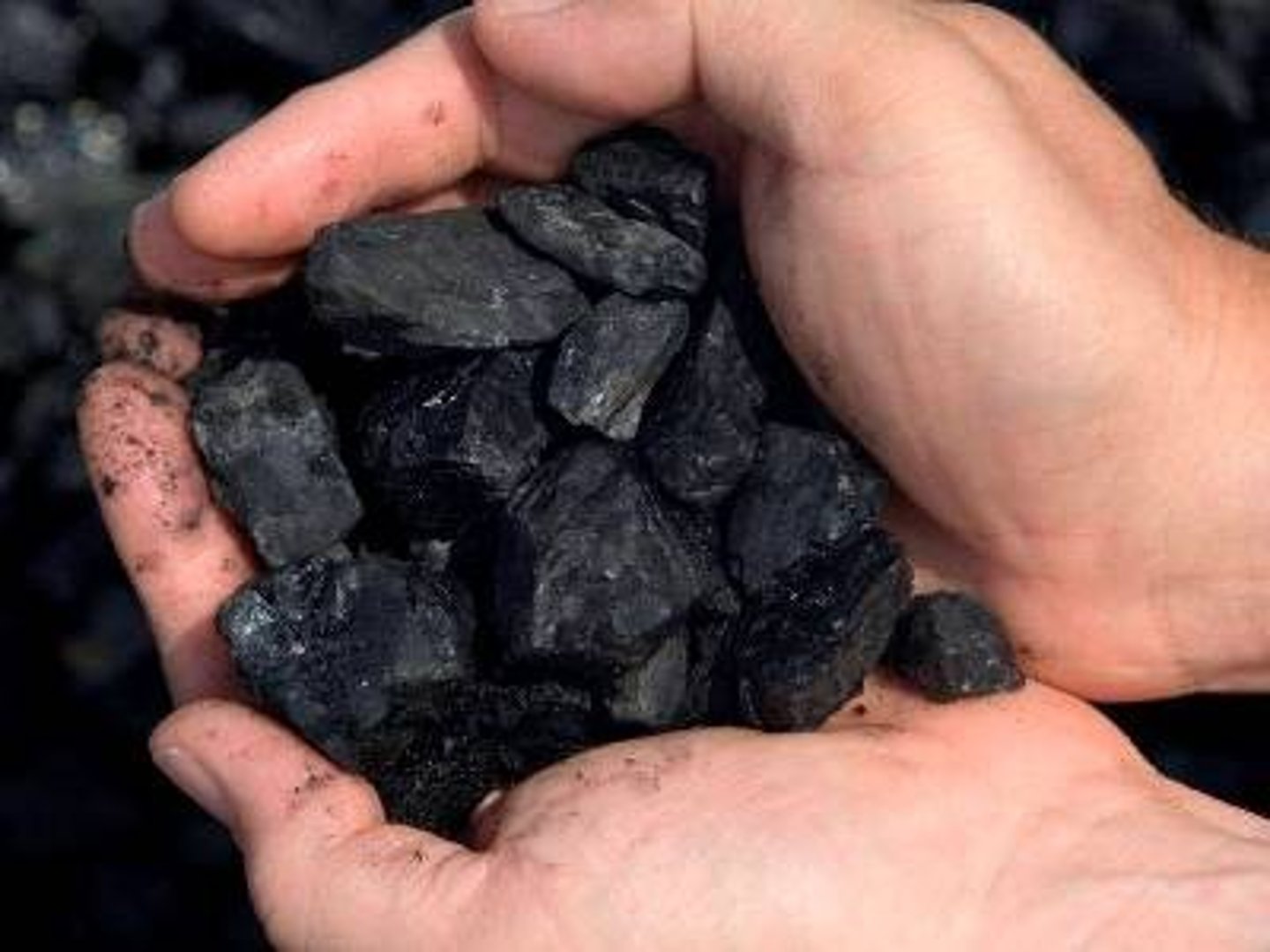
Ecological footprint
The total area of productive land and water required to provide raw materials that a population consumes and to dispose of the waste produced.
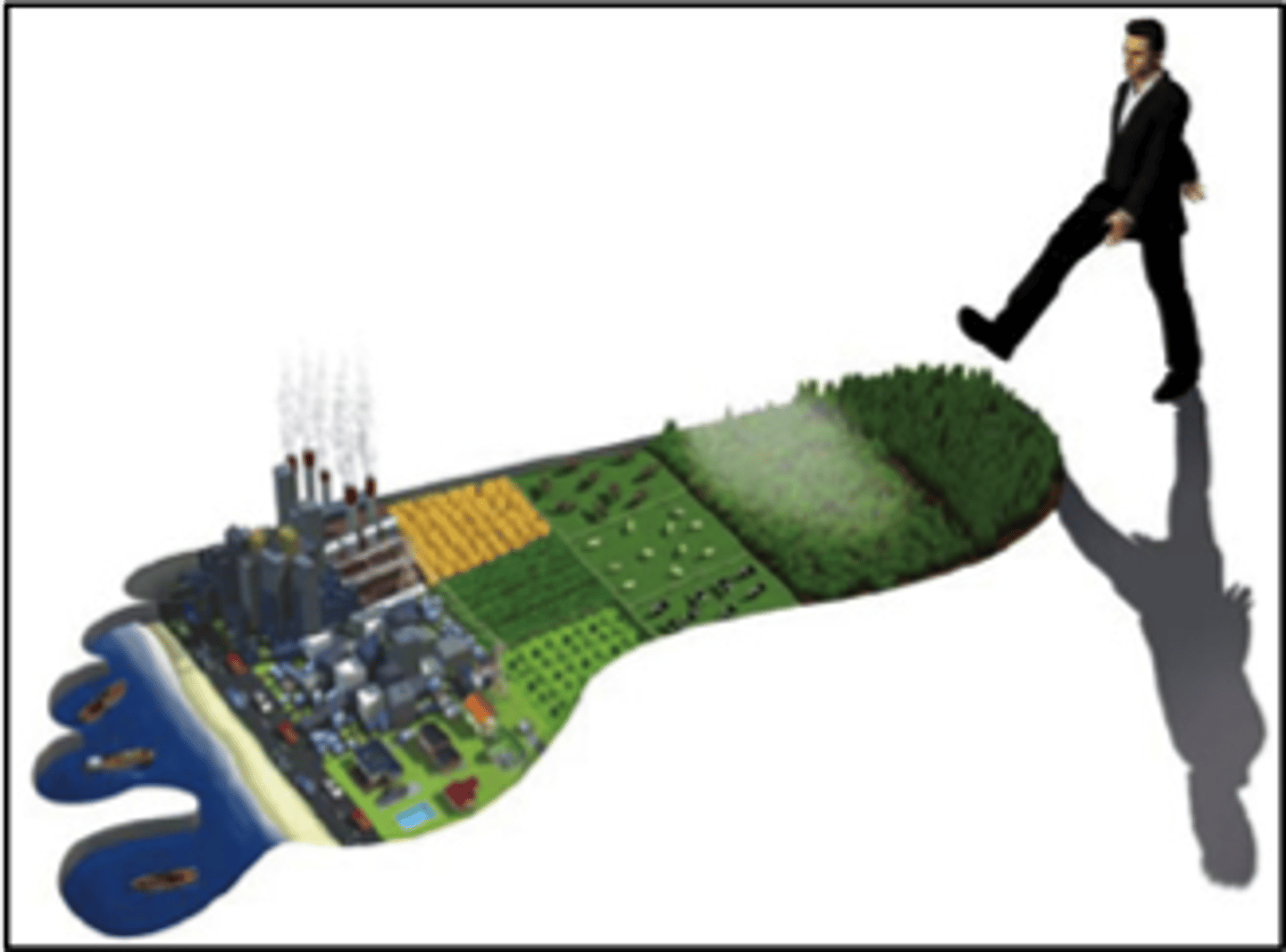
Environmentalism
A social movement dedicated to protecting the natural world, and by extension, people.
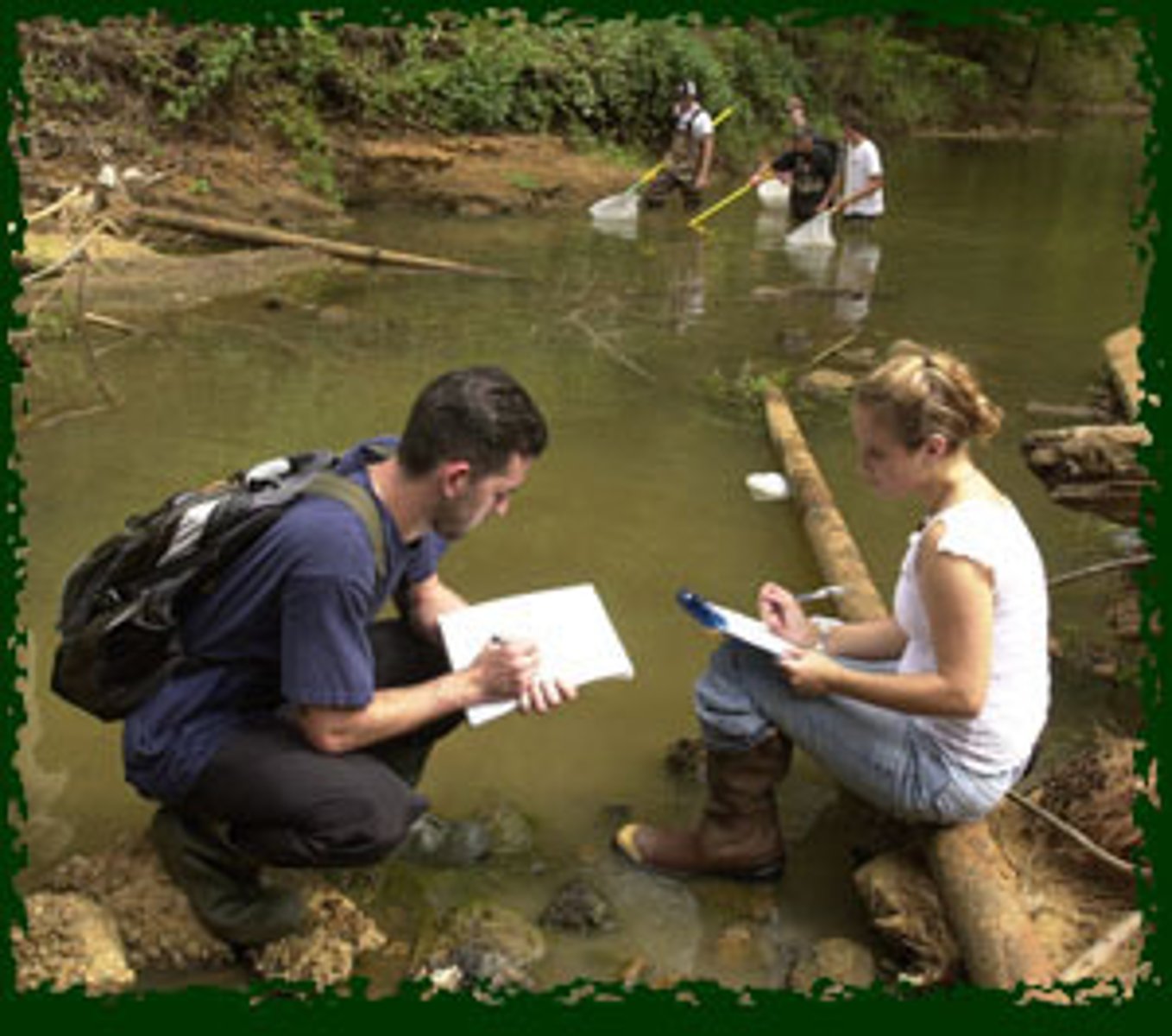
Peer reviewed
scientists look over papers submitted for publication, recommend changes, and reject or accept the paper for publication

Theory
A widely accepted, well-tested explanation of one or more cause/effect relationships that has been extensively validated by a great amount of research.
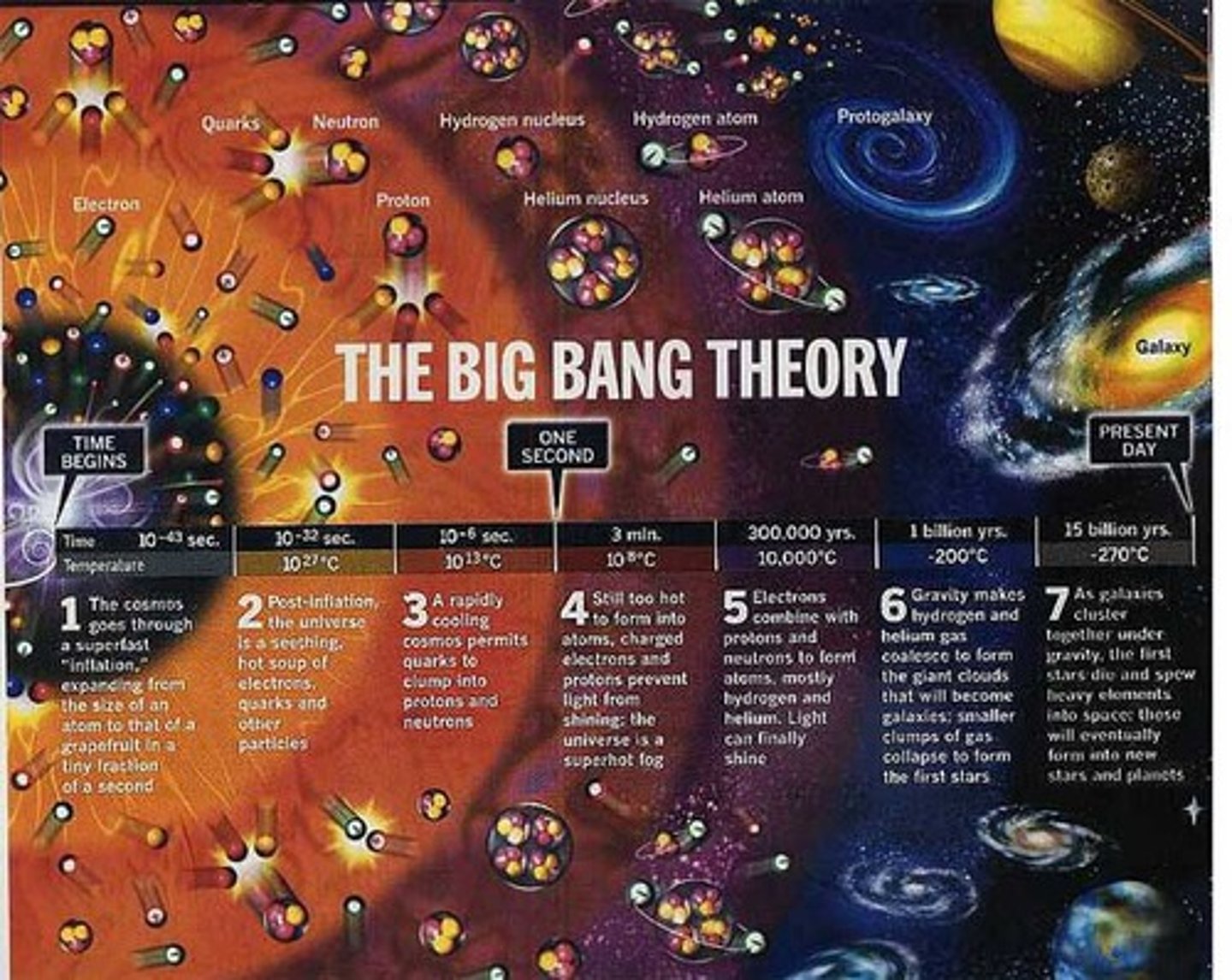
Sustainable
Able to meet the current demand for a resource without depleting the future supply
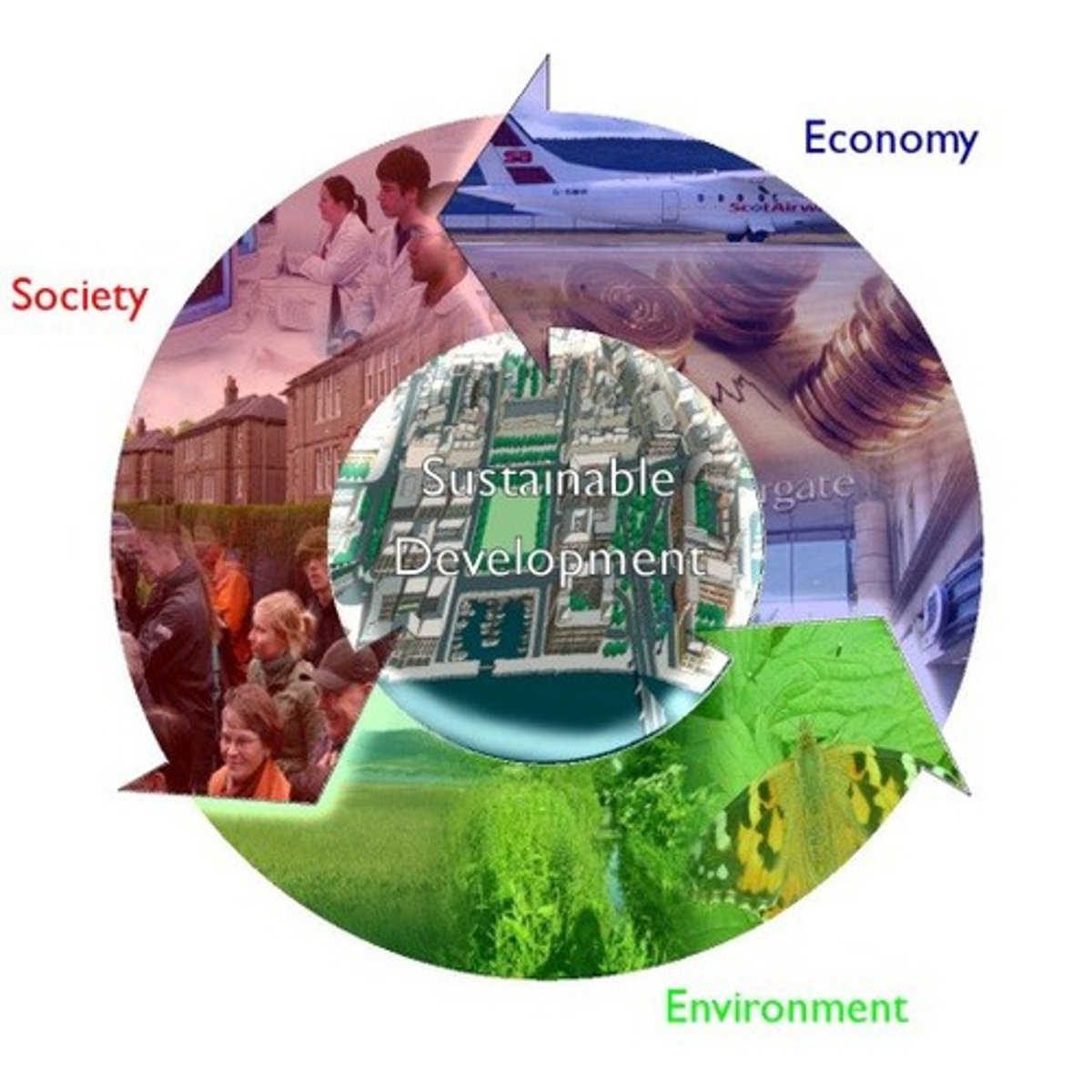
Hypothesis
A testable idea that attempts to explain a phenomenon or answer a scientific question.
Prediction
A statement of what will happen next in a sequence of events.
dependent variable
the variable that may change in response to manipulations of the independent variable - gives you "data"
independent variable
The experimental factor that is manipulated; the variable whose effect is being studied. What "I" change in the experiment.
qualitative observation
Data that can be observed with our senses: sight, smell, touch, taste, and hearing
quantitative observation
data that is measurable such as amount, height, length, weight etc.
Control group
a group in an experiment that does NOT receive the independent variable
Data
Facts and statistics collected together for reference or analysis
Ethics
the principles of right and wrong that guide an individual in making decisions
Culture
Ensemble of knowledge, beliefs, values, and learned ways of life shared by a group of people
Worldview
Culture with personal experience - perception of the world and a person's place in it
Environmental ethics
the application of ethical standards to relationships between humans and their environment
Biocentrism
The belief that all creatures have rights and values; being centered on nature rather than humans.
Ecocentric
a worldview that places equal value on all living organisms and the ecosystems in which they live
Tragedy of the Commons
the tendency of a shared, limited resource to become depleted because people act from self-interest for short-term gain
Constants
Conditions that stay the same in the experiment
environmental justice
Recognizes that quality of life is connected to environmental quality - Promotes fair and equitable treatment of all people regarding environmental policy and practice - regardless of income, race, or ethnicity
intersectional environmentalism
an inclusive version of environmentalism that advocates for both the protection of people and the planet.
Anthropocentrism
A human-centered view of our relationship with the environment.
Agricultural Revolution
About 10,000 years ago; humans began living in villages, had longer life spans, and more surviving children.
Industrial Revolution
Began in early 1700s; driven by fossil fuels and technological advances, medicines - allowed humans to grow exponentially
slow and steady
For most of human history, human population has been
Preventing tragedy of the commons
Resource management, whether voluntary or mandated, can help avoid resource depletion. EDUCATION and REGULATION
Montreal Protocol
meeting in 1987 where a group of nations met in Canada and agreed to take steps to fight against Ozone Depletion-CFC's banned